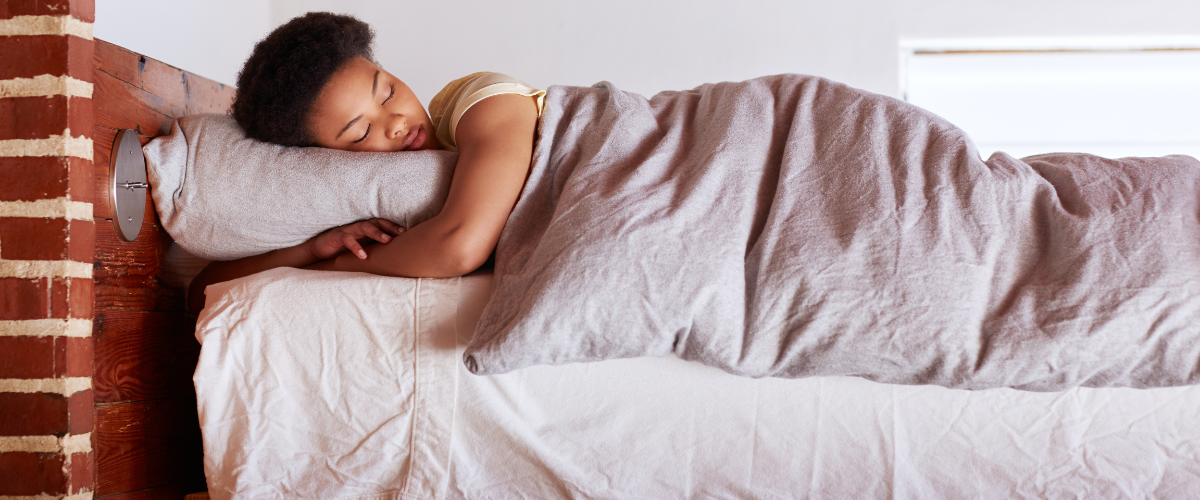After the Samaritans cleverly reclaimed Blue Monday as Brew Monday and social media was awash with myth-busting facts about how Blue Monday was a marketing strategy created to persuade us to start booking our holidays, I was sure that ‘National Sickie day’ must be a myth too. Turns out it is not easy to disprove! However, what is clear to see are the patterns we have in the UK when it comes to our sickness.
We were more likely to ‘pull a sickie’ on a Monday than any other day, Friday we are least likely. We tend to be sick during the holiday periods, such as just after Christmas Day. The sectors with the highest sickness rates are ‘care, leisure and service industries’, followed by ‘machine operative industries’ and then ‘education’. Unsurprisingly, these are sectors where working from home is less of an option to its workforce.
The UK saw a rise in sickness rates in 2021 to 2.2%, this is a return to pre-covid levels. The main reasons were ‘other’ which includes accidents, colds and flu, covid, diabetes and allergies. Despite the increased awareness around mental health only, 10% of those calling in sick gave this as a reason.
So why have our sickness rates increased? It is probably worth adding that culture around working when sick does seems to have shifted. There is less acceptance of people working side by side with others when they have a cold or are run down. Let’s face it – no one wants to catch it! We’re more aware of impacting other people’s health since the pandemic.
Also, since the lockdowns, many of us worked when we were unwell. Not having to make ourselves presentable and go through the commute enabled us to continue working when, in non-pandemic circumstances, we would have admitted we were not up to work and needed our duvets! It is therefore unsurprising that sectors that offer limited working from home have higher sickness rates.
There will be a number of different factors as to why or rates have increased, but also why they are not higher. Regardless, awareness of our sick days may be the key to increasing our wellness!
- Our own patterns of sickness can be interesting to understand, whether it be more Mondays off work or coinciding with seasonal holidays. Ask yourself if there is another way to take those days off such as booking leave or taking back TOIL (time off in lieu), for example – after a weekend away or holiday do you need an extra day to recover?
- If you’re ill, you’re ill. This became a ‘grey’ area during the pandemic and may still feel like that to people working from home. If you would be too unwell to go into the office, are you well enough to work? If you feel you can work then speak to your manager so they can help you decide on what the priorities are that day – basically reduce your workload so your not impacting your recovery to better health.
- Similarly to the first point, but spread your annual leave out over the year. It is not uncommon to save annual leave and then take it all the month before the new leave year comes in – especially in workplaces where anytime of the year feels ‘too busy to take time off’. Ideally, take around 25% of your leave during each of the seasons. Planned leave gives you hope and something to work towards. Do you find your friends and family are off on days you’re working? Planning your leave in advance can help you enjoy those days off. It puts you in control of ‘you time’, allows you regularly top up your batteries and gives perspective away from work – you’ll be more productive in the long run and happier to be at work.
- We are mostly comfortable taking time off for physical health but taking mental health days are still less common (only 10% gave this reason in 2021). This is changing but cultural shifts take time. Check your sickness policy and where possible speak with your manager around any employer support that can be offered. It is far more economical to take a short amount of time off to ‘recharge’, to withdraw for a short time or spend it doing something that will strengthen your health. Not listening to our mind for long periods of time can impact us long-term and lead to burnout.
- Finally, reframing the negative is my mantra! When it comes to work identifying those days and tasks that give us anxiety or dread can be enlightening. For example if Mondays are not your thing, try to schedule tasks in your day that give you joy or a sense of achievement. Give your day variety, arrange to have a regular lunch or coffee with someone. If you have less autonomy to move your meetings and schedules, identify what you can do. Speak to a manager or colleague about those challenging points in the job.
The human condition means we all have those days when we need to take time off, whether that is the 6th February or not! But, knowing our work patterns can help us care for our body-battery in the long term and plan our time off around our needs and the things that give us joy.


